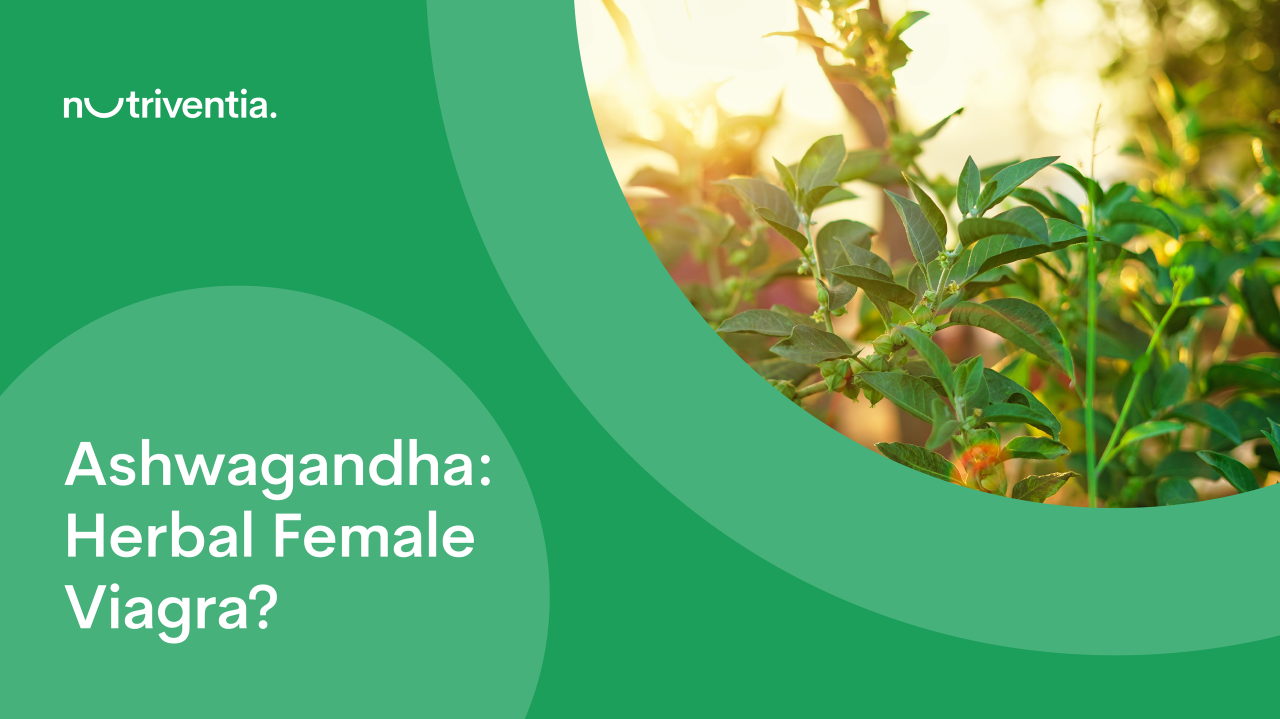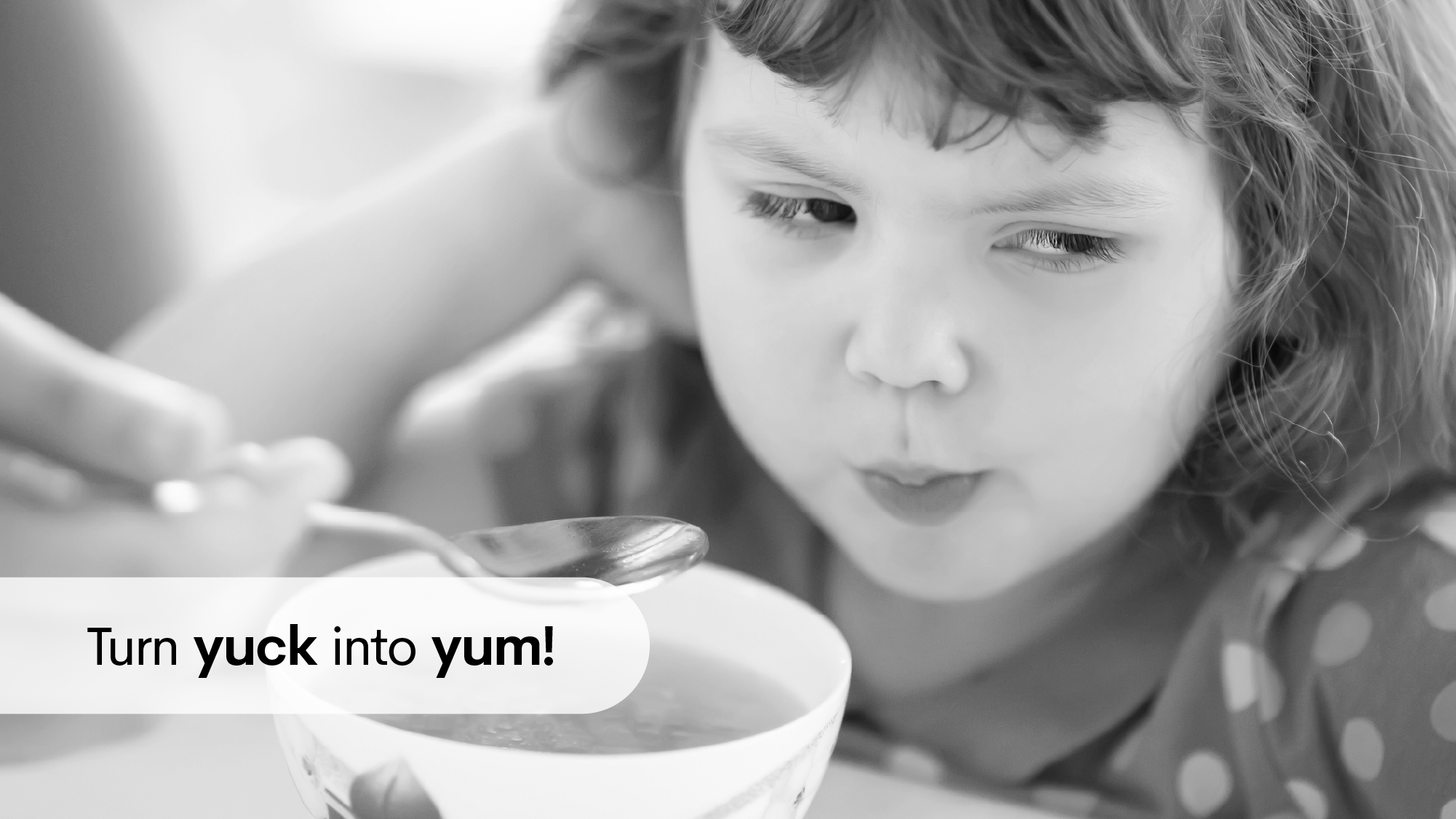This is a headline that likely grabbed your immediate and full attention.
And for very good reason. Approximately 40% of women experience poor sexual function. And, women who want to regenerate their sexual appetite and response have precious little options compared to men, especially since Viagra and Cialis have gone off patent.
In 2015, flibanserin was approved by the FDA to boost pre-menopausal women’s libido. It works quite differently from sildenafil (Viagra) or tadalafil (Cialis) which both inhibit an enzyme, phosphodiesterase type 5 (PDE5). Inhibiting this enzyme ramps up blood flow to the penis allowing for erection. However, flibanserin does its job in the brain by altering the “feel good” signaling neurochemicals dopamine and serotonin.
According to Drugs.com, “Flibanserin is used to treat low sexual desire in women who have not gone through menopause and have never had low sexual desire in the past. Flibanserin is for use only when low sexual desire is NOT caused by a medical condition, a mental disorder or relationship problems.”
And of course, there are potentially harmful side effects and less serious but annoying ones, such as insomnia, dizziness, nausea and dry mouth. And, warned the experts, “drinking alcohol with flibanserin can cause dangerous or unwanted side effects.”
Another drug, ospemifene, is targeted to menopausal women who experience lower libido due to vaginal atrophy and dryness caused by decreased estrogen. It too may bring side effects to the party such as increased night sweats and hot flashes, and vaginal discharge.
While both options can work to improve a woman’s sexual experience, many women may opt for natural products.
The adaptogen, ashwagandha, has been studied for its effects on sexual function in women. And this seems to be a growing area of interest that may be a fertile opportunity for new product development.
In one study, healthy women who consumed a high-concentration Ashwagandha root extract (HCARE) reported improved sexual function, notably in arousal, orgasm and lubrication as well as in number of successful sexual intercourses. In the study, 50 participants consumed either 300 mg ashwagandha twice daily or placebo for eight weeks. Sexual function was assessed with the Female Sexual Function Index (FSFI) Questionnaire and the Female Sexual Distress Scale (FSDS).
Another similar 8-week study evaluated the efficacy and safety of standardized Ashwagandha root extract (300 mg twice daily) in improving sexual function in 80 healthy women. Results showed greater improvements in FSFI and FSDS scores as well as reported gains in Satisfying Sexual Encounters; more women in the ashwagandha had improvement in SSEs at week 4 and week 8 as compared to placebo.
Ashwagandha can support women’s (and men’s) sexual well-being through its proven ability to boost resilience to stress over the long-term. In one study, participants who consumed 300 mg Prolanza™ ashwagandha root extract in one capsule daily exhibited reduced stress levels and improved overall psychological well-being after 90 days. Another benefit reported was better, sounder sleep.
Prolanza™ is a long-acting adaptogen that human studies have shown provides stress relief and other benefits at only 300 mg once daily.
While more studies need to be performed examining and validating ashwagandha’s positive role in women’s sexual health, its inclusion in women’s sexual support formulas is relevant and exciting.



